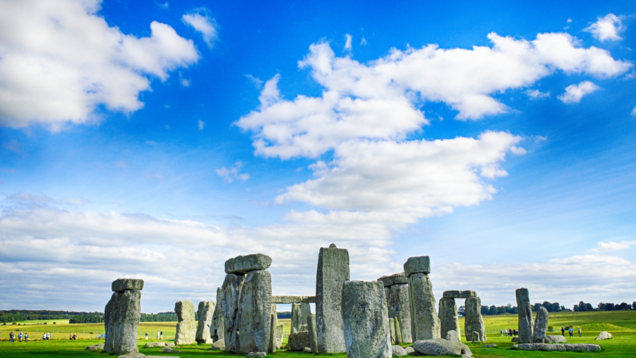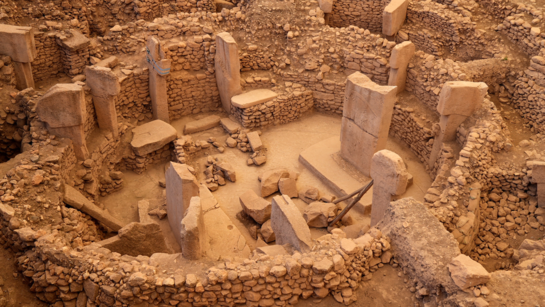Since time immemorial, human civilisations kept evolving, which can be witnessed through the remarkable structures that they left behind. They offer us a glimpse of their ingenuity, and way of life. These ancient landmarks, many of which date back thousands of years, manage to transport us back to time even now. Here are some of the world’s oldest and most iconic landmarks that continue to captivate visitors from across the world.
Great Pyramid of Giza, Egypt

The oldest of the Seven Wonders of the Ancient World, and the only one still largely intact! The Great Pyramid of Giza is an architectural wonder that was built around 4,500 years ago during Egypt’s Fourth Dynasty, and remained the tallest man-made building for over 3,800 years. The way it was built, Its precise construction, and massive scale continue to awe archaeologists and visitors alike.
Read more: 6 must-visit places near Mussoorie
Stonehenge, England

Stonehenge, dating back over 5,000 years, is one of the most mysterious and iconic prehistoric monuments in the world. The exact purpose of the stone circle still remains a mystery, with theories ranging from it being a burial site to an astronomical observatory or a place of worship. The sheer size and the effort required to transport the massive stones make Stonehenge an incredible feat of engineering from a bygone era.
Göbekli Tepe, Turkey
Often referred to as the world’s oldest known temple, Göbekli Tepe in southeastern Turkey dates back over 11,000 years to the Neolithic period. This ancient site consists of massive stone pillars arranged in circles, each intricately carved with animal figures. Göbekli Tepe is considered a groundbreaking archaeological discovery, as it challenges previous beliefs about the development of human society, suggesting that monumental architecture preceded the advent of agriculture and permanent settlements.
Read more: 8 most underrated European cities to visit for crowd-free vacation
Tower of Jericho, West Bank

Jericho, often referred to as one of the world’s oldest continuously inhabited cities, is home to the ancient Tower of Jericho. This stone structure dates back approximately 10,000 years, to the pre-pottery Neolithic period. The tower is thought to have served both defensive and ceremonial purposes, offering insight into early urbanization and community planning.
Ziggurat of Ur, Iraq
Ziggurat of Ur is an ancient Mesopotamian structure built around 4,000 years ago in present-day Iraq. This massive terraced pyramid was constructed as a temple to honor the moon god Nanna. The ziggurat was an important religious and administrative center, and its ruins stand as a symbol of the architectural prowess of the Sumerian civilisation.

